How to Pick the Right Rehab Program For You
Because you’ve got enough to deal with, Neeraj Gandotra, MD, chief medical adviser at Delphi Behavioral Health Group in Fort Lauderdale, Florida, demystifies your options and helps you find a drug and alcohol treatment program where you’ll thrive.
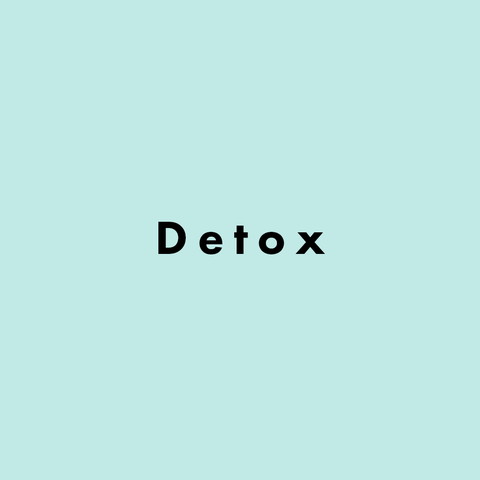
3 to 10 days.
If this is for you…
You’re addicted to alcohol, opiates, or benzodiazepines. There’s no need to detox from cocaine or meth.
What to expect
A detox medically rids your body of substances under the watch of a doc (since you can die from withdrawal). You may feel sick. This. Is. Temporary.
So basically…
This isn’t rehab rehab—it’s what you do first, so you can heal and not be distracted by withdrawal symptoms.
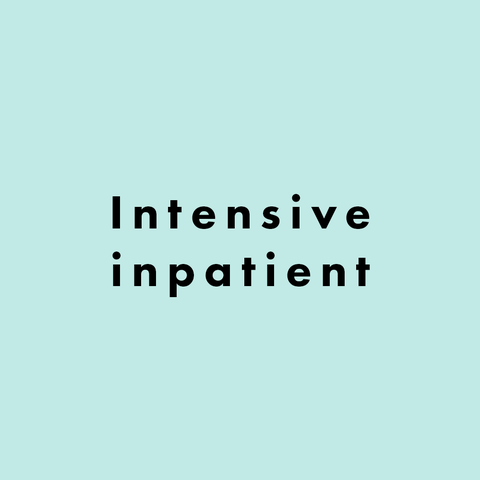
5 to 90 days in a hospital or medical setting.
If this is for you…
You are suicidal or have withdrawal seizures or other medical or psychiatric issues.
What to expect
Intensive counseling and, if you need it, medical treatment.
So basically…
This is not casual. It’s an SOS option for those in real danger. “Once done, you’ll need to go on to one of the treatments below,” says Dr. Gandotra.
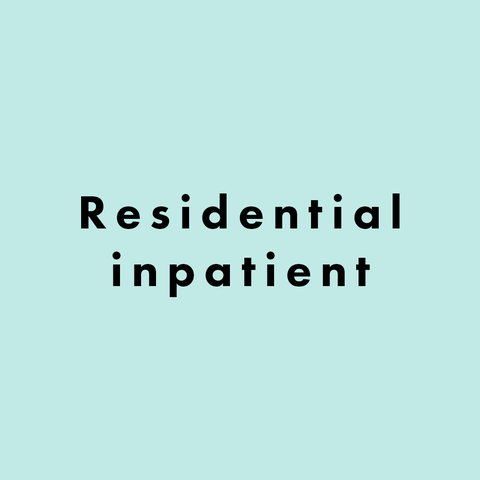
14, 28, 30 or 90 days (or even longer).
If this is for you…
You’re an addict. This is what you picture when you think of “rehab.”
What to expect
A structured program of individual therapy, group counseling, AA or NA meetings, and sometimes mindfulness training.
So basically…
There are rules, but it’s not prison. You’ll have free time but probs not your phone. “They won’t be checking in on you every minute,” Dr. Gandotra says.
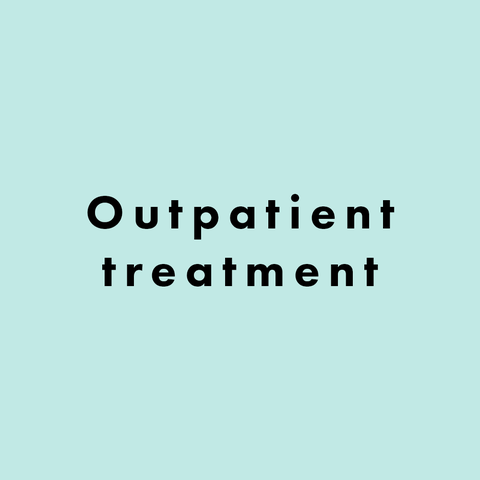
3 months to a year.
If this is for you…
You have a mild addiction or can’t afford inpatient.
What to expect
Similar to an inpatient program: lots of individual and group therapy.
So basically…
This is a cheaper option but may have lower success rates because it’s easier to slip into old habits (e.g., take a detour to your dealer’s house).
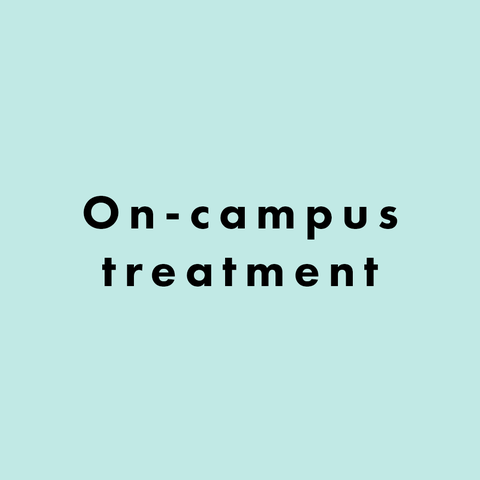
A few hours a week, if your school has a program.
If this is for you…
You’re a college student who’s popping more Xanax than usual.
What to expect
Counseling and treatment that work around your class schedule.
So basically…
The pro: You can keep living in the dorms. The con: You can keep living in the dorms. Be wary of triggers, and ask if your school has sober housing.
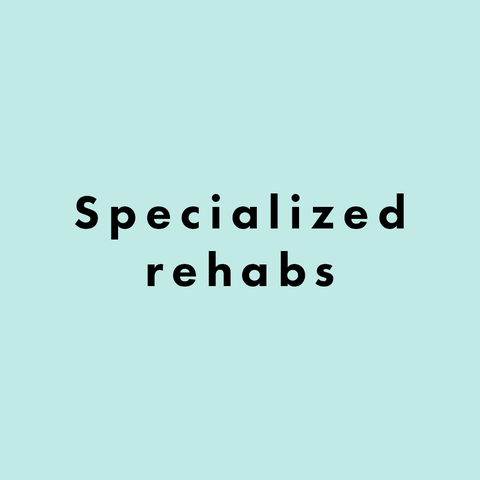
Can include 14-, 28-, and 90-day programs.
If this is for you…
You want a program geared toward women, pregnant people, millennials, the LGBTQ+ community…even nature lovers (seriously).
What to expect
Similar to regular rehab but with counseling tailored to common traumas and specific medical help.
So basically…
Millennial rehab may sound like the most millennial thing ever, but “the more you can individualize your treatment, the better,” Dr. Gandotra says.
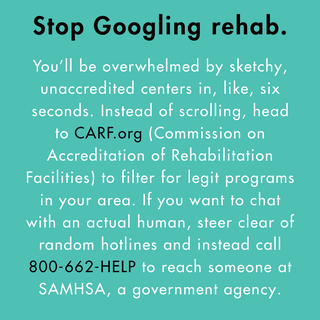

Anyone can open a rehab. Beware of shady operators.
They bribe you.
Some “rehabs” promise airfare or other perks. Reputable places don’t do this.
They flaunt high success rates.
There’s no real way for rehabs to track who relapses. “Any facility that says they have a 90 percent success rate probably isn’t telling the truth or gathering accurate follow-up data,” says Stephen Taylor, MD, chief medical officer of the behavioral health division at Pathway Healthcare in Birmingham, Alabama.
There is no accreditation on their website.
A rehab should have either JCAHO (Joint Commission on Accreditation of Healthcare Organizations) or CARF.
They promise to “improve your character.”
Uh, hard pass. “This approach isn’t even close to being evidence-based and it reinforces stereotypes about addiction instead of treating it like the disease that it is,” says Dr. Taylor.
They woo you with green juice.
“High-end places aren’t automatically bad, but don’t be distracted by things like a beachfront property or equine therapy,” Taylor says. Ask about the accreditation and medical staff first (you want full-time MDs, not one doc who pops in once a week to write some RXs).
An expert makes the hard decisions for you.
Expensive isn’t always better (maybe you don’t need a five-star chef), but some spots are worth the splurge. If the pricey place is the only one you can get into that’s actu- ally certified, take out the loan, says Stephen Taylor, MD, chief medical officer of the behavioral health division at Pathway Healthcare in Birmingham, Alabama. (For more on how to pay, see page 130.)
Be honest about whether the people around you are helpful or harmful. If you have a strong family or community that supports your sobriety, great. (Bonus: A local rehab will hook you up with outpatient services in the area.) If not, you may want to remove yourself from the situation, says Dr. Taylor.
Get the best care you can right away. Women’s-only rehab is ideal (the treatment methods are aimed at women and also address traumas like sexual assault and domestic violence). “But when you decide you want help, there’s a window of opportunity to get it before you may start using again,” says Dr. Taylor. If you go coed, ask about women’s groups and workshops.
Should you…go for a religious program or a secular one?
You’ll find a lot of faith-based rehab in the U.S.—and religion can help: Women surveyed for a Harm Reduction Journal study said spirituality was an important part of their recovery. But if you’re gonna be rolling your eyes the whole time, you probably won’t get a ton out of the experience. Taylor says the best programs have spiritual components as an option, not a requirement.



Source: Read Full Article


